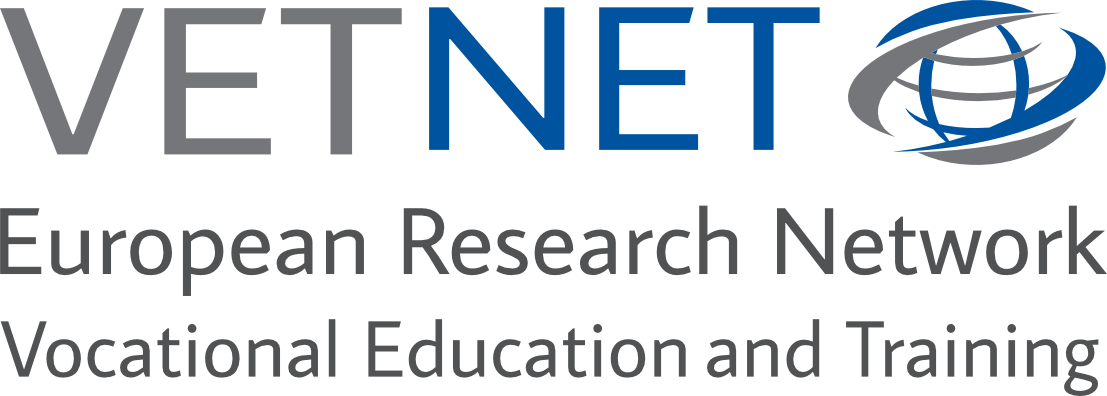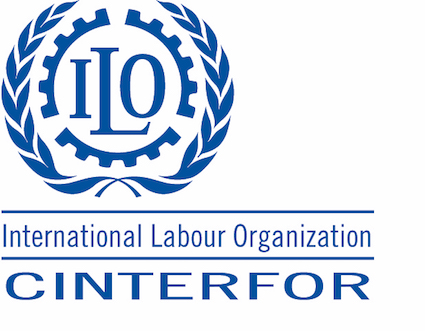Finnish WorldSkills Achievers’ Vocational Talent Development and School-to-Work Pathways
DOI:
https://doi.org/10.13152/IJRVET.4.2.1Keywords:
VET, Vocational Education and Training, Skilled Worker, Education-Work Relationship, Talent Development, Career ExplorationAbstract
This paper examines the perceptions of vocational expertise and school-to-work pathways among WorldSkills Competition (WSC) achievers and their co-workers and employers within the Finnish context. At the biennial international WSC, young people (aged 18-to-23 years) from over 60 countries demonstrate their skills in more than 40 trades. Individualized training for this competition is provided through the cooperation of vocational institutions (e.g., expert coaches, team leaders and competition panellists) and industry (e.g., mentors, sponsors, materials, equipment). Semi-structured thematic interviews (N=51) were conducted in 2013 and 2014 with former Finnish WSC medal or diploma winners (n=18) who had since begun their working lives (1-to-15 years of work experience). Their employers (n=16) and colleagues (n=17) were also interviewed. Results showed that in addition to vocation-specific knowledge and skills, problem-solving skills, creativity, social skills and self-regulatory skills were acknowledged as the most significant elements of vocational expertise. The findings also indicated that formal vocational education combined with deliberate practice and training based on expert mentoring improved the long-term career progress and vocational expertise of the WSC achievers.





